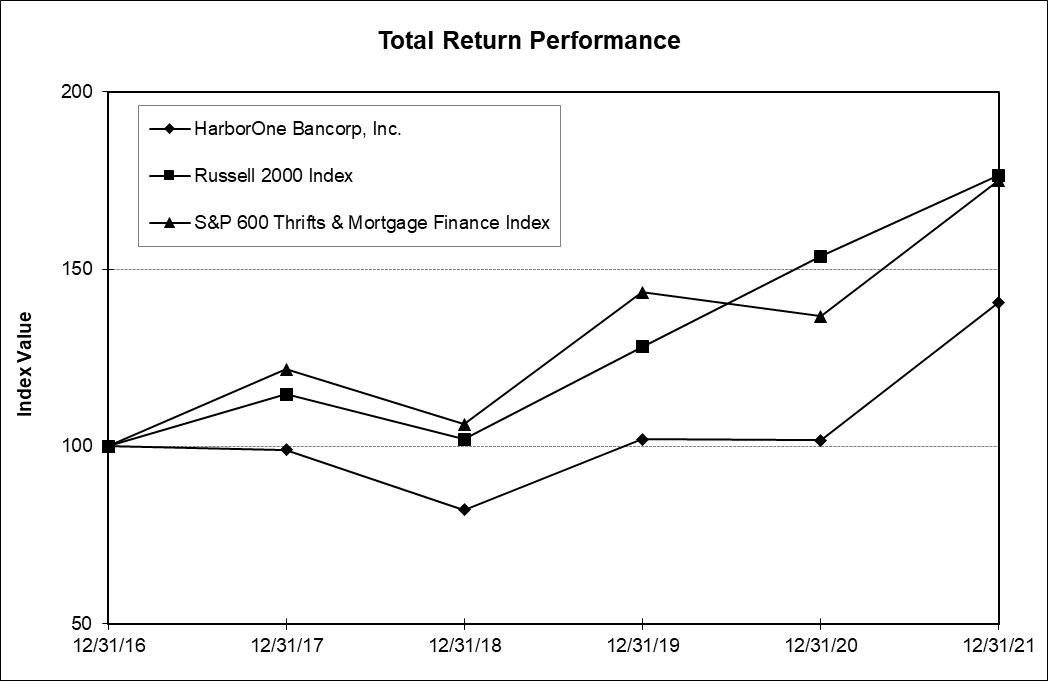poorly, could adversely affect our ability to deliver products and services to our customers or otherwise conduct our business efficiently and effectively. Replacing these third-party vendors could also entail significant delay and expense.
If our risk management framework does not effectively identify or mitigate our risks, we could suffer losses.
Our risk management framework seeks to mitigate risk and appropriately balance risk and return. We have established processes and procedures intended to identify, measure, monitor and report the types of risk to which we are subject, including credit risk, operations risk, compliance risk, reputation risk, strategic risk, market risk and liquidity risk. We seek to monitor and control our risk exposure through a framework of policies, procedures and reporting requirements. Management of our risks in some cases depends upon the use of analytical and/or forecasting models. If the models used to mitigate these risks are inadequate, we may incur losses. In addition, there may be risks that exist, or that develop in the future, that we have not appropriately anticipated, identified or mitigated. If our risk management framework does not effectively identify or mitigate our risks, we could suffer unexpected losses and could be materially adversely affected.
Natural disasters, acts of terrorism, pandemics and other external events could harm our business.
Natural disasters can disrupt our operations, result in damage to our properties, reduce or destroy the value of the collateral for our loans and negatively affect the economies in which we operate, which could have a material adverse effect on our results of operations and financial condition. A significant natural disaster, such as a tornado, hurricane, earthquake, fire or flood, could have a material adverse impact on our ability to conduct business, and our insurance coverage may be insufficient to compensate for losses that may occur. Public health crises, such as new pandemics and epidemics, political crises, such as acts of terrorism, war, civil unrest, and political instability, or other events outside of our control including acts of violence or human error could cause disruptions to our business or the economy as a whole. While we have established and regularly test disaster recovery procedures, the occurrence of any such event could have a material adverse effect on our business, operations and financial condition.
Changes in accounting standards could affect reported earnings.
The bodies responsible for establishing accounting standards, including the Financial Accounting Standards Board, or “FASB,” the SEC and other regulatory bodies, periodically change the financial accounting and reporting guidance that governs the preparation of our financial statements. These changes can materially impact how we record and report our financial condition and results of operations. In some cases, we could be required to apply new or revised guidance retroactively.
Of the newly issued guidance, the most significant to us is the FASB Accounting Standards Update (ASU) 2016-13, Financial Instruments- Credit Losses (Topic 326), commonly referred to as “CECL,” which introduces new guidance for the accounting for credit losses on instruments within its scope. CECL requires loss estimates for the remaining estimated life of the financial asset using historical experience, current conditions, and reasonable and supportable forecasts. It also modifies the impairment model for debt securities available for sale and provides for a simplified accounting model for purchased financial assets with credit deterioration since their origination. The Company had previously elected to delay its adoption of CECL, as provided by its emerging growth company status. The CARES Act allowed the Company to extend the transition until the date on which the National Emergency concerning COVID-19 was terminated or December 31, 2020, whichever occurred first. The December 31, 2020 adoption date under the CARES Act was extended to January 1, 2022, and therefore the Company has adopted CECL on January 1, 2022.
Changes in tax laws and regulations and differences in interpretation of tax laws and regulations may adversely impact our financial statements.
From time to time, local, state or federal tax authorities change tax laws and regulations, which may result in a decrease or increase to our deferred tax asset. Local, state or federal tax authorities may interpret laws and regulations differently than we do and challenge tax positions that we have taken on tax returns. This may result in differences in the treatment of revenues, deductions, credits and/or differences in the timing of these items. The differences in treatment may result in payment of additional taxes, interest, penalties, or litigation costs that could have a material adverse effect on our results.
Holders of our subordinated notes have rights that are senior to those of our common shareholders. We have supported a portion of our growth through the issuance of subordinated notes.
At December 31, 2021, we had aggregate principal amount of $35.0 million in subordinated notes. Payments of the principal and interest on the subordinated notes are senior to our shares of common stock. As a result, we must make payments on our subordinated notes before any dividends can be paid to our common shareholders. In addition, in the event of our bankruptcy, dissolution or liquidation, the holders of the subordinated notes must be satisfied before any distributions can be made on our common stock.



